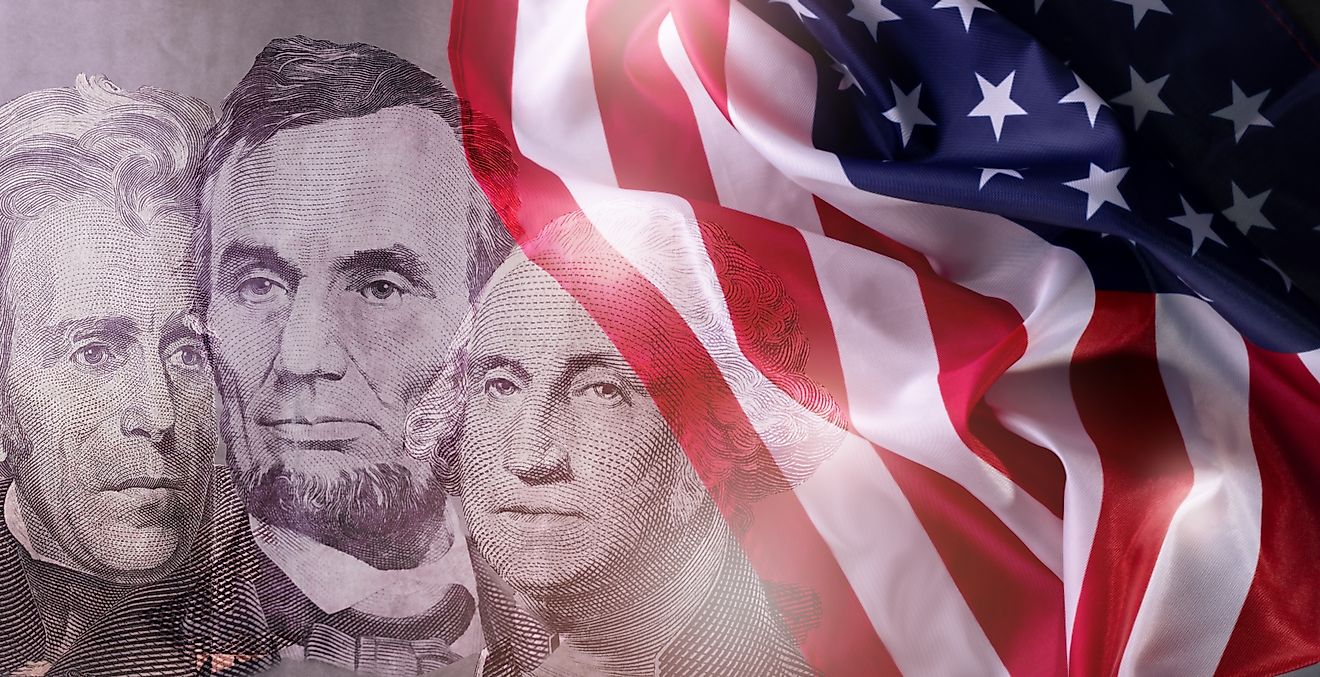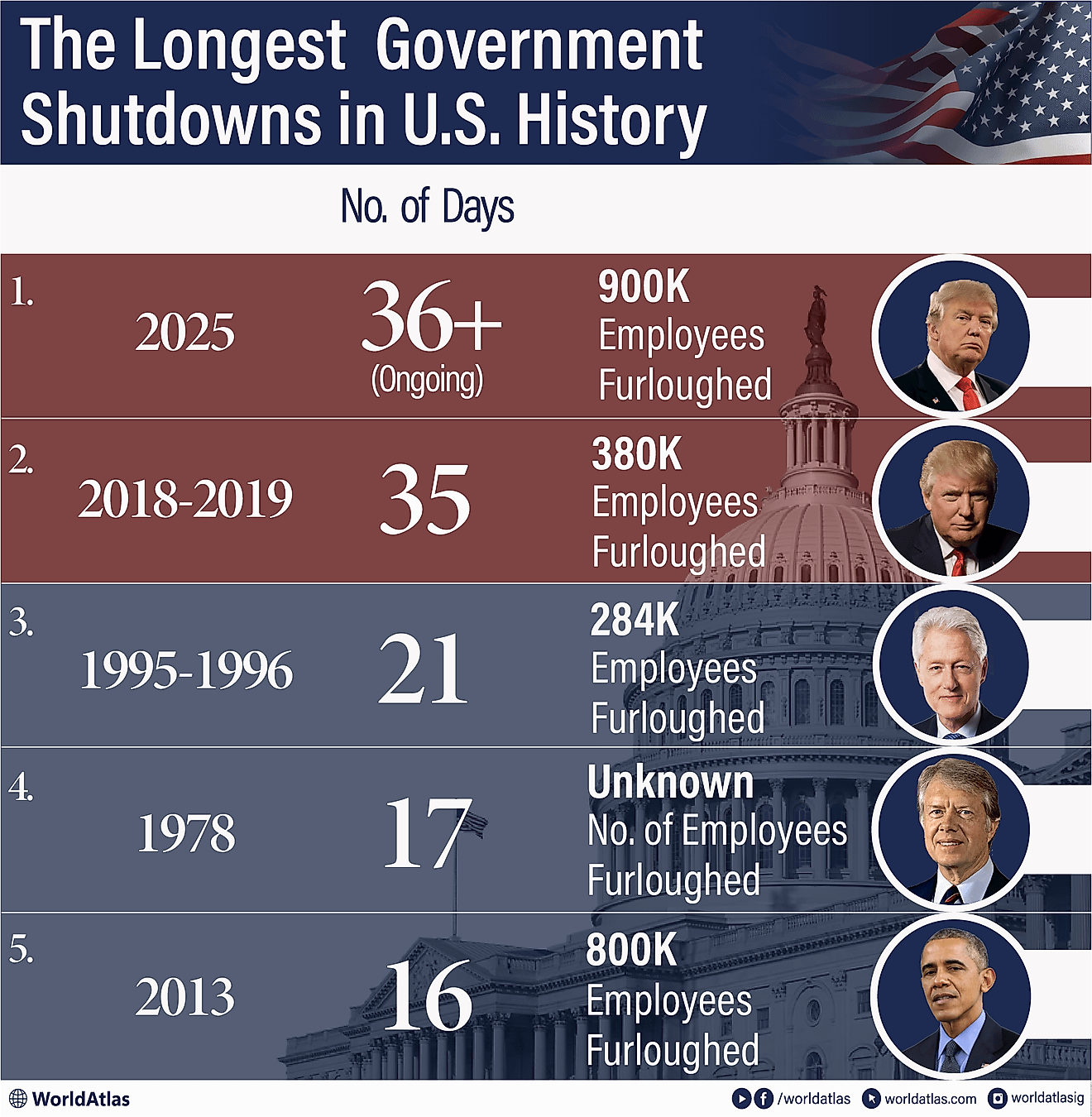What Type Of Government Does Côte D'Ivoire Have?

The Republic of Cote d’Ivoire (Ivory Coast) is a representative presidential democracy. The country was established as an independent republic in 1960 having a centralized government within the constitutional framework. During the leadership of the first president, the country flourished economically despite the dictatorial regime featuring intolerance for the opposition. Towards the end of the 20th century, calls for democracy led to political tensions within the country culminating in the first Ivorian civil war in 1999. The civil war led to the adoption of a new constitution in 2000, which established a unitary government. However, the political condition in the country failed to change resulting in the second Ivorian civil war in 2011. The two civil wars are associated with the transition of Cote d’Ivoire from a despotic regime to a democracy rather than hostility between ethnic factions. The second civil war prompted the establishment of a transitional government and the adoption of the new constitution in 2016.
The Executive Branch Of The Government Of Côte D'Ivoire
The government exercises executive power in the republic with the president serving as the chief of state and government. He appoints cabinet members including the prime minister and the vice president. All cabinet members are answerable to the president. The Ivorian president, elected by a two round system, serves for five-year terms and may vie for the presidency as many times as he wishes. By agreement of the UN Security Council and the African Union, the current prime minister is an appointee of the international community.
The Legislative Branch Of The Government Of Côte D'Ivoire
Currently, the legislature exists as a unicameral body of 225 members. The national assembly members serve for five-year terms. Parliamentary elections are by a simple majority vote system in the single and multi-seat constituencies. The main responsibility of the Parliament is passing legislation from the president and sometimes introducing new legislations. A bicameral parliament will replace the current parliament, where the national assembly will serve as the lower house while the Senate will be the upper house. The Senate will consist of 120 members 40 of whom will be appointed by the president, and the rest will be elected by municipal and regional council members.
The Judicial Branch Of The Government Of Côte D'Ivoire
Cote d’Ivoire is established through a civil law system reflecting the French civil law system. The constitution establishes the judiciary as an independent branch of the government but places it under the authority of the president. The Supreme Court is the highest in the court system whose judges the president appoints. Also in the Ivorian court system are the courts of appeal, courts of the first instance and peace courts. Also within the judicial system is the high court of justice, which tries government officials.
The New Constitution
In a bid to avoid the occurrence of another war in the country, the government introduced the 2016 constitution, which had the approval of the majority of the voters in the country. The constitution establishes the country as a democracy with a joint presidential and vice presidential election, a bicameral parliament and grants the rights and freedoms to all citizens including minority groups. The first elections under the new constitution are scheduled for 2020. The constitution also requires presidential candidates to be a full Ivorian citizen and aged at least 35 years. The presidential term will also be limited to a maximum of two five-year terms.











